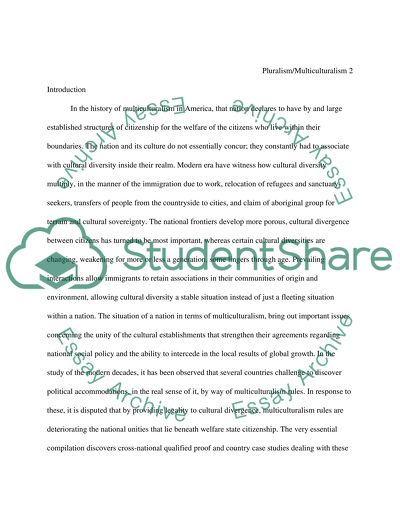Cite this document
(“Issues of Multiculturalism in America Essay Example | Topics and Well Written Essays - 2500 words”, n.d.)
Retrieved from https://studentshare.org/miscellaneous/1522340-issues-of-multiculturalism-in-america
Retrieved from https://studentshare.org/miscellaneous/1522340-issues-of-multiculturalism-in-america
(Issues of Multiculturalism in America Essay Example | Topics and Well Written Essays - 2500 Words)
https://studentshare.org/miscellaneous/1522340-issues-of-multiculturalism-in-america.
https://studentshare.org/miscellaneous/1522340-issues-of-multiculturalism-in-america.
“Issues of Multiculturalism in America Essay Example | Topics and Well Written Essays - 2500 Words”, n.d. https://studentshare.org/miscellaneous/1522340-issues-of-multiculturalism-in-america.


